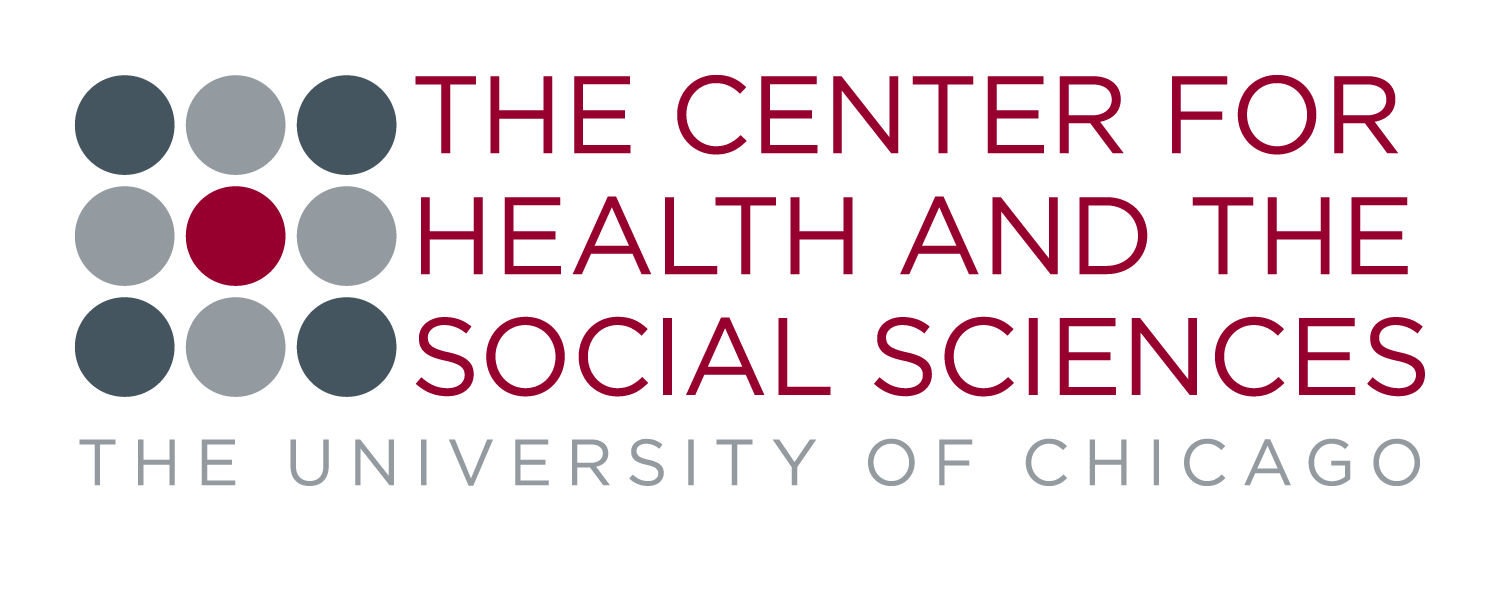Predoctoral Opportunities
Specialized Training Program in the Demography and Economics of Aging (NIA T32)
The Specialized Training Program in the Demography and Economics of Aging is funded by the National Institute on Aging (NIA) grant, #T32000243. Since its inception during the 1994-95 school year, the program has consistently produced productive and engaged young scholars in the field of aging research and demography. The program is designed to train graduate students interested in the demography and economics of aging through the development of basic and applied research, and policy-making, and analysis.
Each year, the program supports four predoctoral fellows with at least two years of graduate work at the University of Chicago in addition to two postdoctoral fellows from across the United States. In 2009, the training program was expanded to include student affiliates who do not qualify for financial support the program’s NIA fellowships. Similar to the predoctoral and postdoctoral fellows, predoctoral affiliates actively participate in the training program, taking classes, working with Center mentors, and attending the Demography Workshop and Post-mortem seminar. This expansion further increases exposure to the demography and economics of aging research among incoming graduate students; encourages young scholars to pursue demography and aging research; and increases collaboration in aging research at NORC’s Aging Action Research Network, the Population Research Center, and the University of Chicago.
This training program is administered by the Center for Health and the Social Sciences (CHeSS) and is affiliated with the Aging Action Research Network (AARN) at NORC at the University of Chicago. Current and past fellows have come from a variety of departments and professional schools at the University of Chicago, including: Booth School of Business, Comparative Human Development, Economics, Harris School of Public Policy, History, Public Health Sciences, School of Social Service Administration, and Sociology.
UCANU Health Services Research Training Program (AHRQ T32)
The University of Chicago and Northwestern University are partners in the University of Chicago and Northwestern Health Services Research Program (UCANU HSR), which provides training to scholars and researchers in health services and health care delivery. Funded by the Agency for Healthcare Research and Quality’s (AHRQ) National Research Service Award (NRSA) Institutional Research T32 Training Grant, UCANU HSR draws upon the complementary resources, faculty, and expertise at each university, while creating new mentoring and research opportunities for predoctoral and postdoctoral trainees.
At the University of Chicago, the training program is based at CHeSS; At Northwestern, the program is based at the Center for Healthcare Studies in the Feinberg School of Medicine.
The HSR at the University of Chicago has funding for 6 predoctoral fellows and 3 postdoctoral fellows each year. Predoctoral fellows must be enrolled in a University of Chicago PhD program when they apply. Additionally, the program now offers the predoctoral affiliate program, which was created to increase collaboration and training among students who would not otherwise qualify for support from the program’s fellowships.
Short-Term Aging-Related Research Program (T35)
The Medical Student Short-Term Aging-Related (STAR) Research Program offers first-year medical students opportunities to participate in aging-related research and training through the Pritzker Summer Research Program. STAR is directed by Drs. David Meltzer, Vineet Arora, Stacie Levine, and Sam Sisodia.
First-year medical students engage in a mentored research experience and didactic training in aging throughout the summer. They also participate in the Scholar in Translational Aging Research Training Course (START), a statistics analysis course, and weekly group meetings with other faculty mentors and peers. STAR trains these future physician leaders to apply basic, clinical, and social science concepts and methods to the study and care of older persons. At the end of the course, students present their research at the annual Pritzker Summer Research Forum.
Burroughs Wellcome Fund Early Scientific Training to Prepare for Research Excellence Post-Graduation (BEST-PREP)
Through generous funding obtained from the Burroughs Wellcome Fund, the Pritzker School of Medicine with support from CHeSS and the Institute of Translational Medicine, has developed BEST-PREP, a longitudinal training program to support the development of MD-only students seeking careers that will include rigorous basic/translational research. BEST-PREP leverages the exceptional scientific resources and mentorship available to Pritzker students.
MD-PhD Program in Medicine, the Social Sciences, and Humanities (MeSH)
The program in Medicine, the Social Sciences, and Humanities (MeSH) at the University of Chicago trains medical students to become innovative physician-scholars at the critical interface of medicine and society. The MeSH program is an opportunity for students interested in obtaining an MD and a PhD in a field outside of the traditional biological and physical sciences. Former students have pursued PhDs in such wide ranging fields as anthropology, conceptual and historical studies of science, economics, public policy, and social service administration. Started in 1985, MeSH is one of the only programs of its kind in the country.
After gaining admissions, incoming MeSH students are integrated into the Center for Health and the Social Sciences (CHeSS), where they receive administrative support, access to interdisciplinary workshops and courses, and mentorship. Consisting of 3-4 faculty members from across the University, mentorship teams provide ongoing support and advisement to MeSH students as they progress through both medical school and their respective PhD programs. The core MeSH faculty, a cadre of institutionally and nationally prominent investigators, represent a wide range of federally and privately funded collaborative projects. They also provide MeSH students unique opportunities to participate in very cohesive, interactive health services research and social science groups throughout campus.
To learn more about MeSH, click here.
MeSH—National Track
The National Track provides tuition and stipend support to MD-PhD students who will receive an MD from any medical school in the United States and a PhD from a graduate program at the University of Chicago.
For more information click here.
